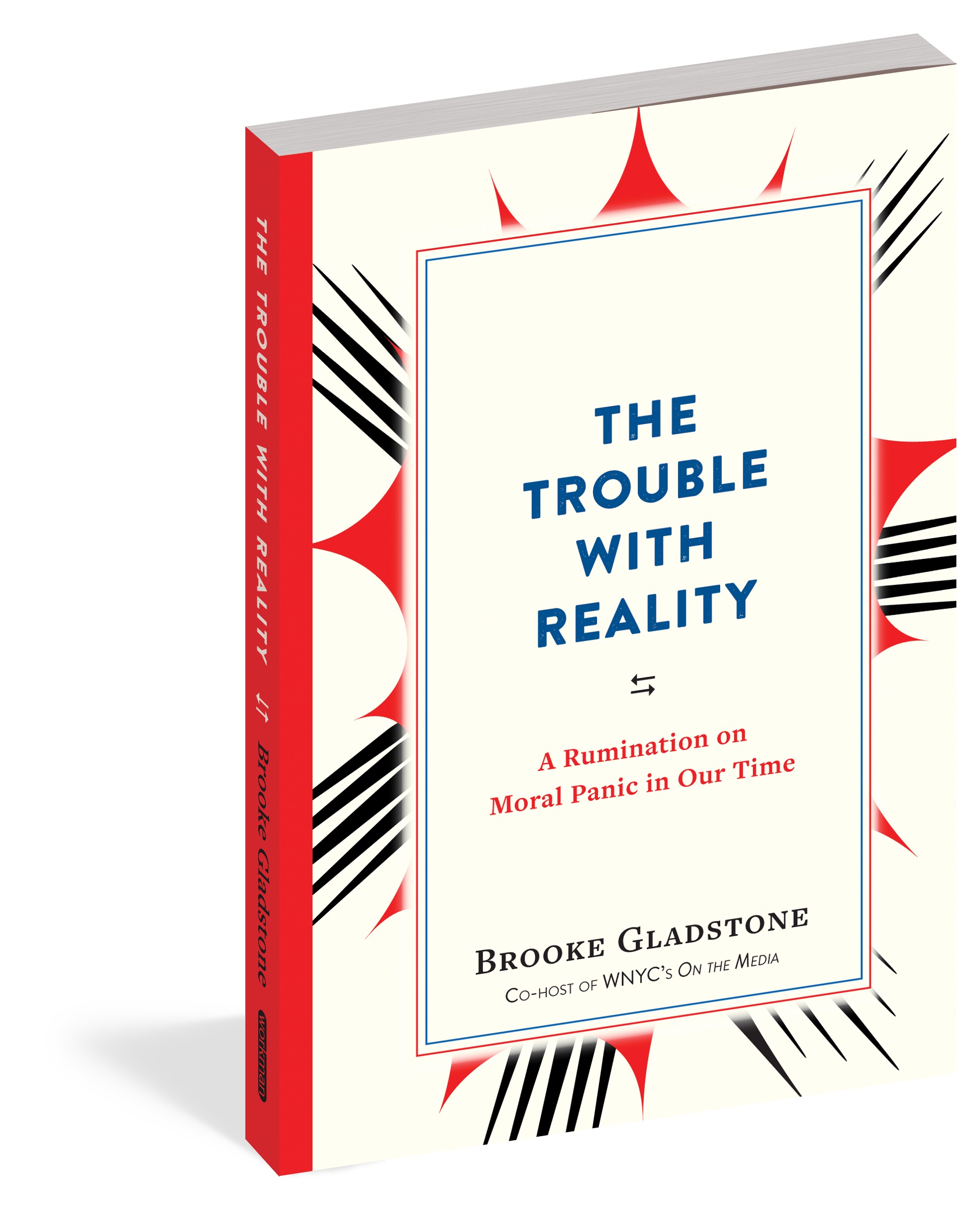[#22] Language, Concepts and Reality
By Piet Hut
The origin of language, a few hundred thousand years ago, was also the origin of virtual reality: the ability to communicate about the not-here, not-now, not-you. And in the process we learned to talk to ourselves, entertaining fantasies, spelling out hope and fear. Since then we've rarely stopped doing so.
Speech is pure magic. It gives you the ability to transcend the here and now that your body is located in, and to guide your sense of presence to an imaginary place where you can take on an imaginary identity -- as when you fall into a story told around a campfire, or presented in a book or movie.
The process of virtualization of our lives progressed with the invention of figurines and of cave paintings and other ways to depict events. Much later, the invention of writing enabled us a more faithful transmission of stories across generations. And progress in virtualization is speeding up exponentially. While speech appeared a few hundred thousand years ago, and cave paintings a few tens of thousands of years ago, writing was invented a mere few thousand years ago, and the printing press with movable type only a few hundred years ago.
And the trend of cutting changes by a factor of ten continues. Curled up in a quiet corner with a book presented an ideal escape from ambient reality for centuries, until television invaded the living room, a number of decades ago. And in the last several years the street scene in any city has transformed dramatically: half the people no longer look at what is happening around them, but instead are absorbed in what is displayed at the other side of the little windows on the smartphones they are carrying.
“Outwardly dominant”
Outwardly, the ability of communicating virtually through speech has given humans dominance over all other species on the planet. We cannot compete with other animals in terms of physical strength. And in any particular environment there are plenty of animals that are better adapted than we are. But this dominance has come at a cost. Lacking wisdom and willingness to cooperate sufficiently, we are now severely degrading the natural environment that has produced us. Why this lack?
“Inwardly lost”
Inwardly, we have been increasingly seduced by the growing power of virtuality available to us, starting with the invention of language. As soon as we had words to label things with, we began to shift from the real world into a world defined by concepts. Rather than dealing with the world of immediate experience, we began to live in a more and more densely drawn up tangle of conceptual projections of belief systems. The current polarization in politics is only the last stage, so far, of this long process, and the greatest stumbling block preventing us from enacting environmental sensibility.
The best antidote to being swayed by stories -- any stories, whether those told to us by demagogues, or our own evasive and defensive stories we tend to make up so we can hide behind them -- is to poke our head out of the ocean of conceptuality that we are normally deeply immersed in. And we feel refreshed whenever we do that, body and mind: by playing sports, dancing, singing, doing yoga, tai chi, or anything else that averts our habitual tendency to be lost in thoughts and concepts.
In itself, there is nothing wrong with stories. They are what makes us human. The only question is how to deal with them in open and free ways, playfully, without getting stuck in them. A recent book by Brooke Gladstone gives some very helpful pointers to learning to play with stories that come to us from the outside. As for pointers to learning to play with our own stories, the ones we carry around within us, one of my favorite pieces of advice is the following quote by the Japanese Zen master Shunryu Suzuki, teaching in San Francisco in the sixties:
Shunryu Suzuki
We don't know what will happen in any moment. So, in each moment, if you fail to express yourself fully you will regret it later. Because you expect some other time -- a future, a time in which you are more real -- you fail to express yourself fully right now. And of course in this way you will be misunderstood by your friends, even by yourself. So you should always express yourself fully.
These three words, tucked in at the end, "even by yourself" are central here. In any situation where we interact with others, whether with family, friends, colleagues, or even with people we meet for the first time, most of the problems we cause for them can be traced back to us not understanding ourselves fully. The picture we have of ourselves is a virtual one, only partly overlapping with reality, and it is the mismatch there that causes trouble for others as well as for ourselves.
“we may make a fool of ourselves”
What is interesting here is that Suzuki does not just urge us to know ourselves, so that we can live and act better. He approaches it from the other direction: by expressing ourselves fully we may make a fool of ourselves on occasion, but we are more likely to learn from that, and in doing so get to know ourselves better, than we will from hiding our uncertainty behind hesitation and timidity.
In my next blog post, I would like to explore another aspect of his quote, this intriguing notion of us always waiting for a future time in which we are more real. The way we deal with past and future is very different from the way in which animals deal with time. You could say that our world has time as an extra dimension, in which we often tend to get lost, at the cost of an impoverished sense of presence, as I have brought up in a previous post awhile ago.
Piet Hut is President of YHouse (where this blog is hosted), Professor of Astrophysics and Head of the Program in Interdisciplinary Studies at the Institute for Advanced Study in Princeton, and a Principal Investigator and Councilor of the Earth-Life Science Institute in the Tokyo Institute of Technology.

![[#22] Language, Concepts and Reality](https://images.squarespace-cdn.com/content/v1/585711b3ebbd1a051da20b4d/1512858558397-WQINU5SBC8O8PA0AWNW3/communication.jpg)




